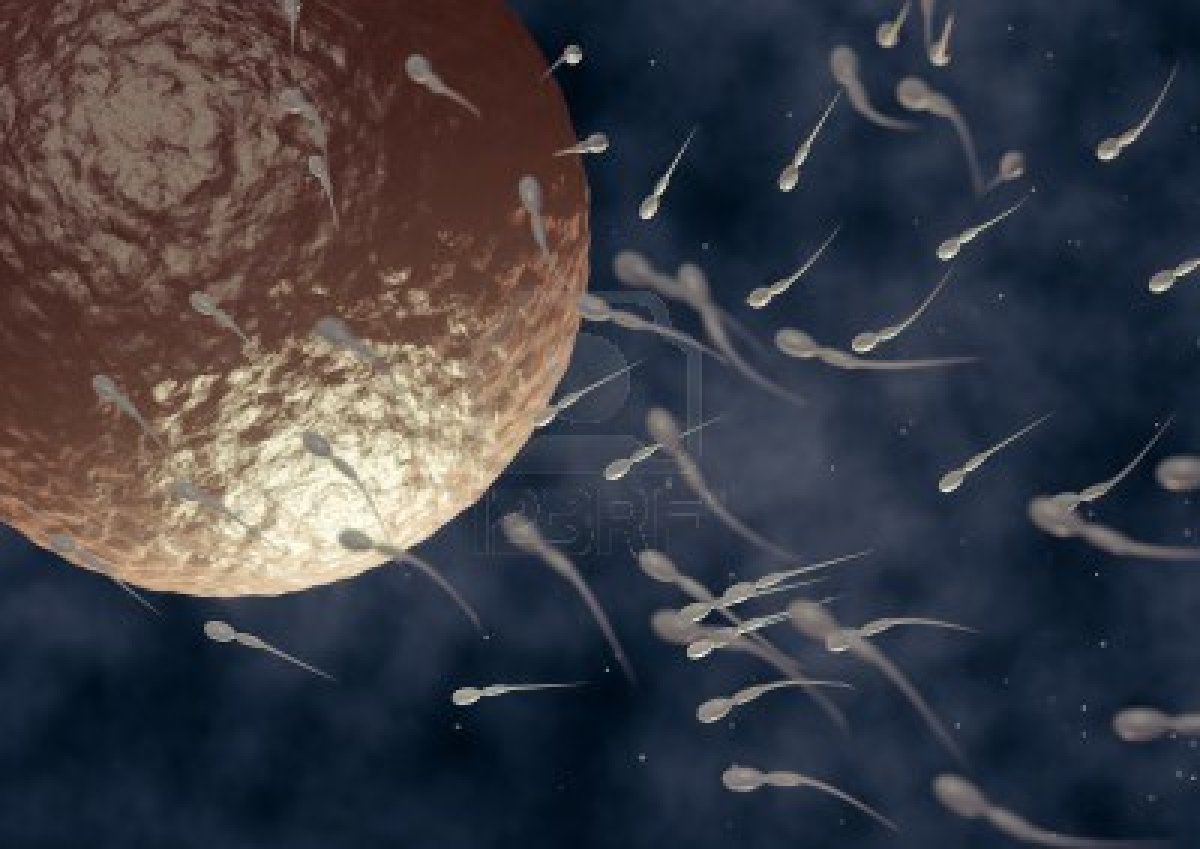Infertility has traditionally been thought of as a woman's problem. But as it turns out, we men don't get off that easily. About one out of every three cases of infertility is due to the man alone, and we're somehow involved in infertility about half the time.
A diagnosis of male infertility can be one of the hardest challenges a man can face. For some, it can be devastating. After all, the necessity of reproduction is one of the few things on which both Darwin and the Bible agree. Not being able to father a child can make a guy feel like he’s failing at one of his most primal responsibilities.
Admit It, Men: You’re Stressed
You probably think of yourself as an average guy. And you probably think you cope pretty well with everyday stress. Sure, the boss might be causing you stress at work and making you uneasy about how secure your job is. Yeah, and maybe your wife has been too busy or too tired lately to notice just how much stress you have to deal with. And look at how fast your daughter is growing up. It's as if you're watching her in time-lapse photography while your college-aged son is still stuck in high...
Read the Admit It, Men: You’re Stressed article > >
Unfortunately, some men have to cope with the reality that nothing can be done about their infertility. But for other men, advances in male infertility treatment offer real help.
To better understand infertility, here's a refresher course on the birds and the bees. (Anyone caught giggling will have to stay after class.)
Sperm are made in the testicles. They're then stored inside yards of “plumbing” called the epididymis, which lies on top of each testicle. Sperm are nourished by semen, which is made by glands along the way. When the magic moment arrives, about 150 million sperm are ejaculated in a half-teaspoon of semen through the penis.
This whole process hinges on there being proper levels of testosterone and other hormones as well as correct signaling from the nervous system.
Women ovulate — send an egg down into the uterus — once a month. This happens about 14 days after menstruation. Sex any time in the five days before ovulation can create a pregnancy. Sex any other time, even the next day after ovulation, will not result in conception.
“We generally advise couples to seek fertility evaluations if they are unable to conceive after 12 months of unprotected intercourse,” says Lawrence Ross, MD, president of the American Urological Association. About 85% of couples will have had a pregnancy by that point. “If they are over 30, they should seek evaluation after six months.”

















